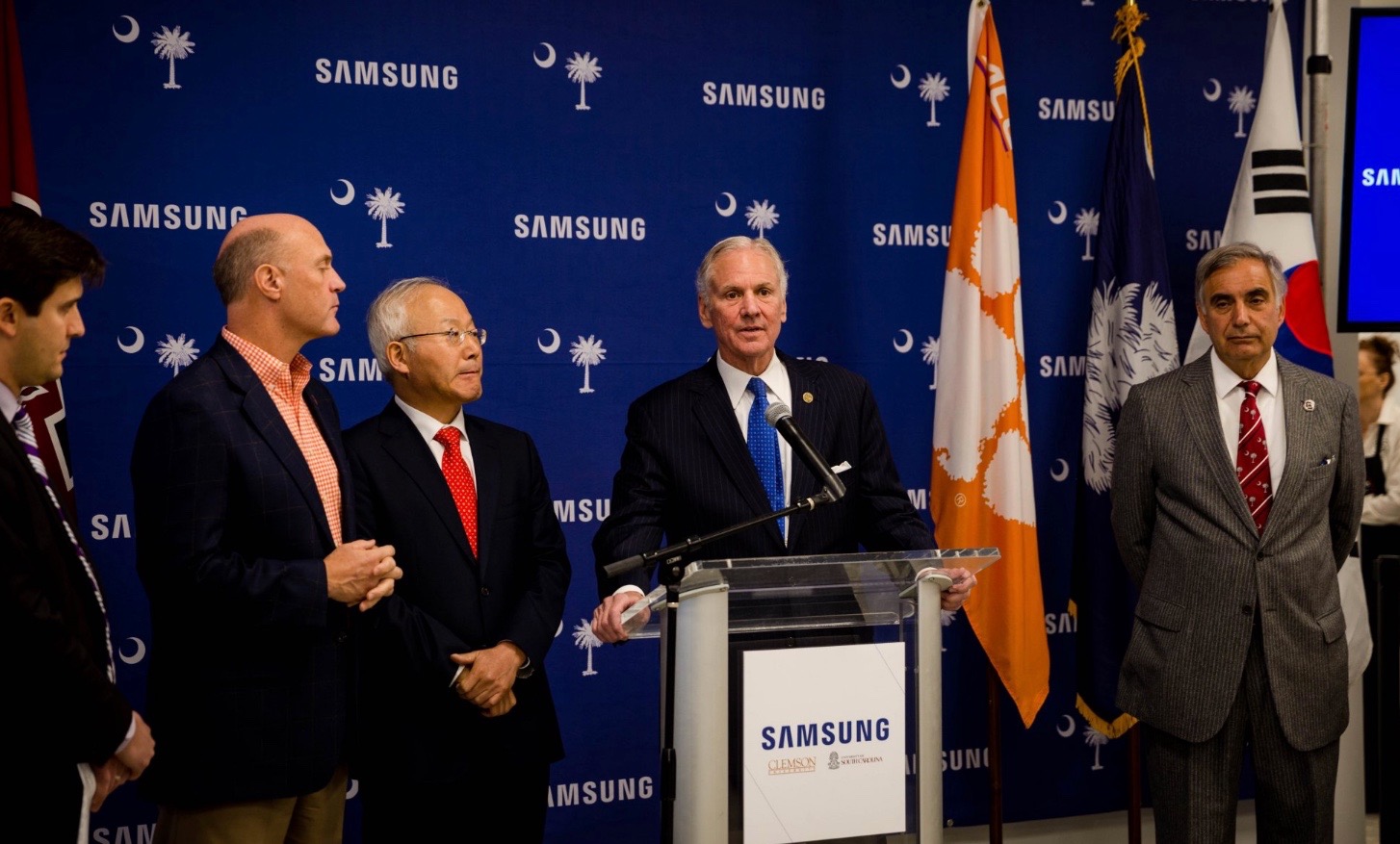Henry McMaster’s Budget: Tax Relief? Or Another Shell Game?
If you’re convinced all politics is a shell game and all politicians are con artists … yYou must Subscribe or log in to read the rest of this content.
If you’re convinced all politics is a shell game and all politicians are con artists … y
